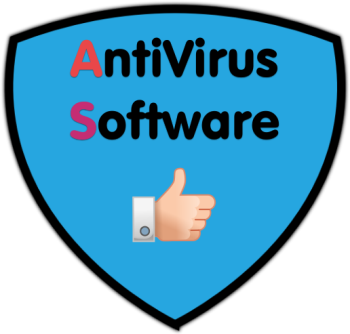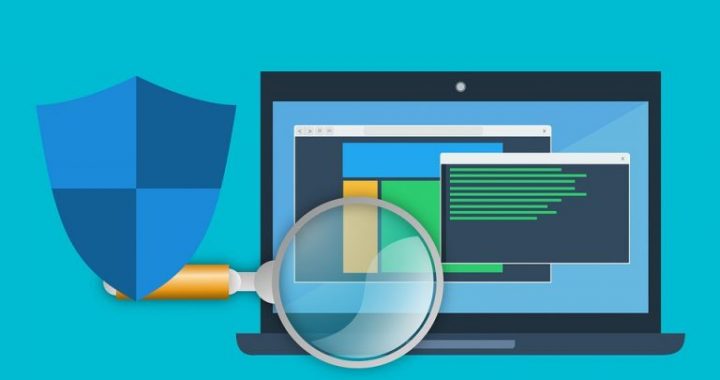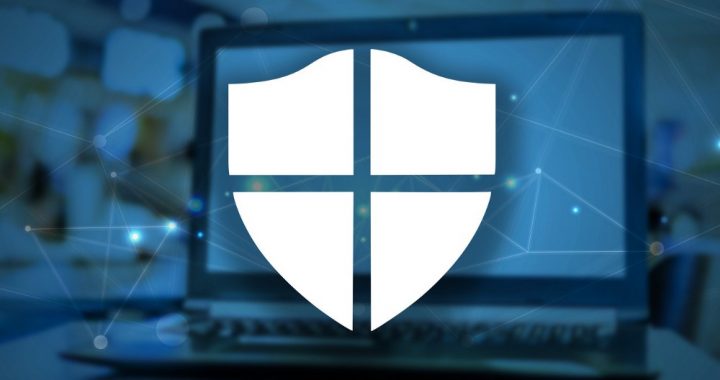Will antivirus software find all viruses and protect our PC?
3 min read
 A virus is a file on a maliciously designed computer. You can damage your laptop, computer, smartphone or tablet by interrupting the flow of the program and contaminating the device. You do not want to have this type of software due to the danger it represents for your computer. Antivirus is software that can detect and remove all viruses from your system to eliminate malware found during the download.
A virus is a file on a maliciously designed computer. You can damage your laptop, computer, smartphone or tablet by interrupting the flow of the program and contaminating the device. You do not want to have this type of software due to the danger it represents for your computer. Antivirus is software that can detect and remove all viruses from your system to eliminate malware found during the download.
To ensure that your device is not damaged, there is antivirus software available that can be used to stop or remove unwanted adware if your computer is already infected. This way, you ensure that your important files or programs are safe. It is essential that you use antivirus software, since you may not even know that you have found a virus. Some viruses make your computer slow and slow, but others do not, but they can still seriously damage your PC.
With all the antivirus software, the question has been for a long time if all viruses are detected on the devices. Or are there gaps in your antivirus network that prevent malware from your computer? There are some things in this answer, a good antivirus software that, if used correctly, will catch ANY malicious virus. However, this is only the case if you use your antivirus software frequently. If you run a scan and then solve the problems that your antivirus determines to be safe, this could be the case. FALSE, computer viruses are very similar to the human viruses in which they develop and adapt. Your antivirus software continues to evolve and adapt to keep up with the latest malware released on the Internet. Therefore, regular scans and real-time scans are important if you want your antivirus software to detect all threats.
In today’s online world, a computer without antivirus software is like driving without a seat belt. More than 2 billion PCs are used worldwide; More than half of these computers are connected to the Internet. It is likely that most of these users are legitimate people who surf the web, send emails and verify their social media accounts. Unfortunately, a small number of these users take advantage of the fact that innocent people are online and develop programs called viruses to harm other computers / networks.
Unfortunately, viruses are just one of the many dangers that people face on the Internet. In addition to viruses, there are other types of malware on the Internet that are also known as “malware.”
A popular example of malware is “spyware”, which is located on your computer and records your actions. The program detects when you visit websites such as PayPal or your online banking platform, records your keyboard activity and shows the spyware creator your login information. This spyware is called “keylogger”. In a few days or weeks, you will have published all email addresses, usernames and password combinations for each site you connect to. These are not details that you want to put in the hands of a criminal!
But how do you install this software on your PC? Surely you could not download a virus and everything will be fine? Unfortunately, that is not the case: the hackers who develop the software are very intelligent and experts in accessing your PC, hiding download links on pages and hiding your criminal activity under reliable names. What looks like a download for a Windows update or a video file may be much less innocent.
So how can we protect our PC? The first is to disconnect your PC from the Internet. However, I am sure that this is not the answer I was looking for. The most common way to protect PCs from keyloggers, viruses and other types of malware is to install antivirus software. Good antivirus software detects suspicious software on your computer and solves the problem at the source. The best antivirus software even prevents malware from entering, detecting and deleting your hard drive before collecting or sending data to you or your computer.




